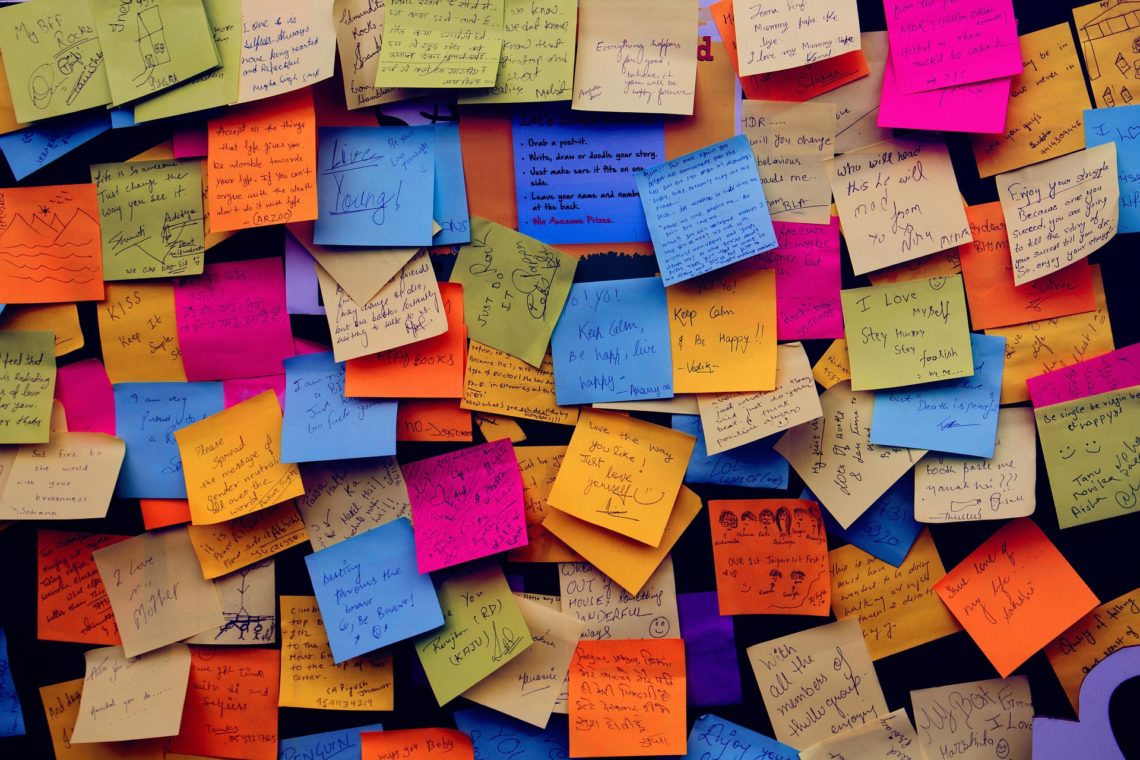
Want to Take Your Career to the Next Level? Manage Your Attention Wisely
“I don’t have the time to pause and think; my days are filled with back-to-back meetings. When someone asks me a question, I tell them what I know and go to my next meeting. I feel like I am fire-fighting”. Adrian, a senior director of a Fortune 100 company, told me this during our recent conversation. He is not alone. If you are even moderately successful, back-to-back meetings are a reality of your life. The more damaging part is that this constant demand for our attention reduces our ability to deep thinking. As a result, we end up exhausted, creating the same old results we did the last year.
There is plenty of advice on productivity– Why is it not working?
With numerous blogs, books, Ted talks, podcasts, there is no shortage of resources on improving productivity, health, and well-being. If you don’t live in a cave, you already “know” how exercise, meditation, mindfulness will help you to become better in what you do. Often, these kinds of advice land as something we “should” do. It makes us feel more inadequate when we cannot exercise daily or meditate twice a day. Instead of taking the time to adopt a healthier lifestyle, we mistakenly think that it is enough to “read” a book or “watch” a video on such topics and get well versed with the jargon. A popular myth is, if we can use some of those driving time or house chore times listening to one more podcast, we will become more productive and more successful.
Sometimes even the classes become rather ineffective as they don’t consider the challenges of starting a new habit. For example, a client of mine made a one-week meditation retreat, only to tell me that he doesn’t have the time to practice meditation in his daily life. Another friend is in the same boat as she cannot meditate twice daily as per the class’s instructions.
Ultimately, a packed day plus numerous pieces of advice on increasing our productivity and well-being is only overloading our brains. According to David Rock’s book, Your Brain at Work: Strategies for Overcoming Distraction, Regaining Focus, and Working Smarter All Day Long, the over-arousal of our limbic system makes us less thoughtful (the brain ends up using familiar patterns as a shortcut) and more prone to negative reactions.
What to do about it
The fact of grown-up life is, there are always more inputs, stimuli, requests than we can keep up with. So one of the secrets of productivity is to focus on fewer things and eliminate distractions.
In an interview, Bill Gates and Warren Buffett emphasized the importance of protecting our time and using it for deep thinking. According to Your Brain at Work, the executive center of our brain (PFC) can only focus on one thing at a time. If there are multiple things, it has to be simpler, but it cannot be more than three or four. When we have too many things to focus on, it overloads the PFC, making us even less effective.
In a recent session with a corporate leader, this insight came up. Think like a project manager for yourself. Keep in mind that the most scarce resource is your own attention capacity (the PFC). Carefully curate your priorities. Seriously notice what YOU genuinely want, what would be nice, what other people want, but you are too uncomfortable to say No to. Famous researcher on courage and shame, Dr. Brene Brown encourages us to build the courage to say “No” more often. For requests that we reluctantly and politely accept only to feel resentment afterward, her advice is – choose discomfort over resentment.
When thinking of adding a new development goal, add no more than one at a time. For example, you want to start a new exercise routine. Do that for at least three/four months to see if you can do it consistently. Then, adjust as you see fit to figure a routine that is sustainable for you. Of course, you will always be alluded to adding another thing; remember that you may not be able to make it stick.
If finding time becomes a challenge, see what fits within the time you have. For example, you may not have the time for a 1-hour exercise class, but it might be a lot easier to do a 15-min walk around the block. A 20-min meditation might be a giant commitment, but 2-3 slow deep breaths between meetings could be a good baby step. I often catch myself browsing mindlessly on a phone/computer, pretending I am doing something. I found that taking those times to do a quick walk or a few stretches improve my thinking and overall wellbeing. I wrote more on practical micro habits here.
The Bottom Line
Our attention is a very scarce resource. We need to protect it, use it wisely. This is the only way for us to do deep work, develop innovative solutions, and thus take our career and life to the next level.
The featured image is from Pixabay.com





One Comment
Sayeed Ahmed
A good piece of advice. I spend 20 minutes every morning in jogging. That’s the maximum I can do because I have to leave early for work. I have come to this routine after some trials with different times and durations.
At work I usually finish the pressing issues by about lunch time. After that I spend a few minutes going through the newspaper headlines. I find it quite relaxing. If I have more time on a lucky day, I spend it on writing which is my hobby.
Bottom line, no over stretching. And I am happy.